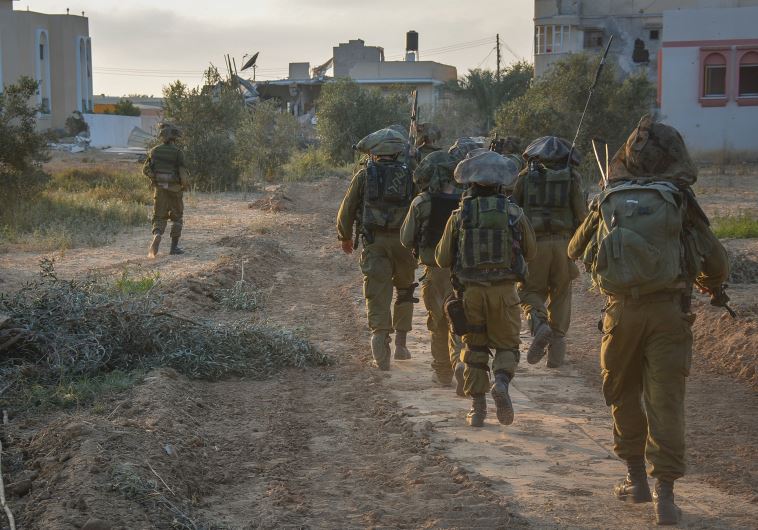Mossad chief contradicts report from state comptroller on Gaza war
Security cabinet was informed of all threats, issues during 2014 Operation Protective Edge, says Yossi Cohen.
 IDF FORCES operate inside the Gaza Strip during Operation Protective Edge(photo credit: IDF SPOKESMAN’S UNIT)
IDF FORCES operate inside the Gaza Strip during Operation Protective Edge(photo credit: IDF SPOKESMAN’S UNIT)